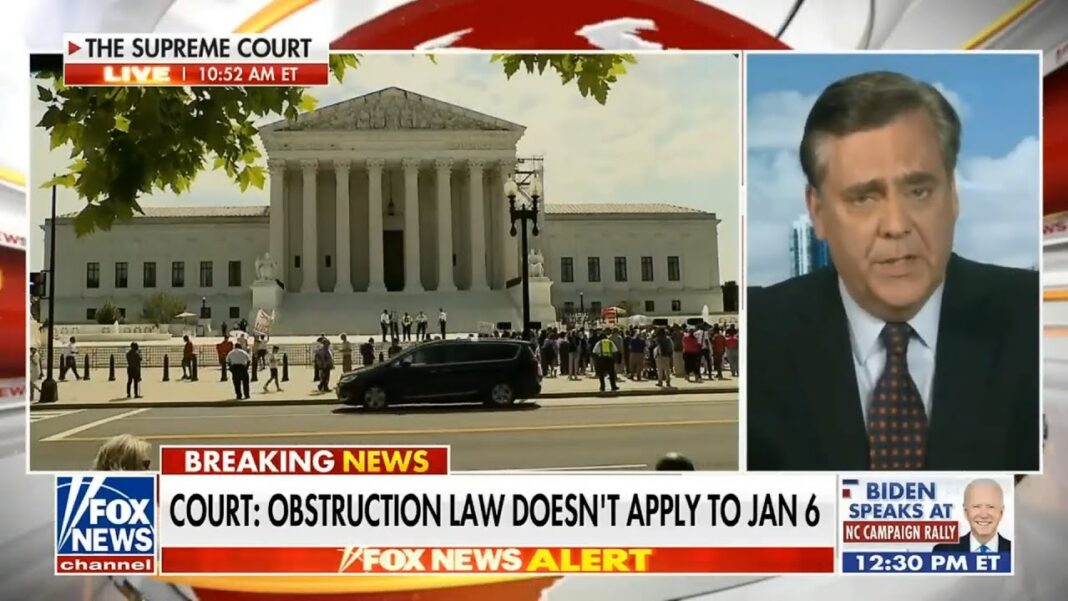Sen. Ted Cruz (R-Texas) introduced a bipartisan bill to make it crime to post nonconsensual intimate images, including AI-generated images, on websites.
DALLAS—On a Monday morning this past October, Texas high school freshman Elliston Berry remembers waking up to a barrage of phone messages.
Her friends in the small town of Aledo, Texas, were sounding the alarm, and it was not good.
Instagram photos, altered by an artificial intelligence (AI) app, depicted nude photos of her and eight friends being shared through Snapchat. Eventually, most teens at Aledo High School ended up seeing them.
Her mind racing, Elliston, now 15, recalled feeling fear, shock, and disgust, and she was ashamed to tell her mother.
That same month, almost 1,600 miles away at Westfield High School in New Jersey, then 14-year-old Francesca Mani and several other high school girls discovered AI-generated nude images of themselves circulating online.
Both girls told their stories during a Senate field hearing arranged by Sen. Ted Cruz (R-Texas) on June 26 concerning the growing problem of nonconsensual intimate imagery, also called “revenge porn,” online.
“I initially felt shocked, then powerless and angered by the absence of laws and school policies to protect us,” Francesca testified. Sitting next to her at the hearing, Elliston added, “I was left speechless as I tried to wrap my head around the fact that this was occurring.”
Both had to fight to get the images removed, while little to nothing happened to the high school boys responsible for creating the images, the girls said.
Mr. Cruz was part of a bipartisan group that introduced the Take it Down Act to combat the use of sexual images and computer-generated images used to malign targets and even blackmail them.
The bill would make it a federal crime for someone to knowingly publish or threaten to publish fake pornographic content on social media or online.
It would criminalize the threat to publish or the publication of nonconsensual intimate imagery in interstate commerce.
Penalties include jail time.








